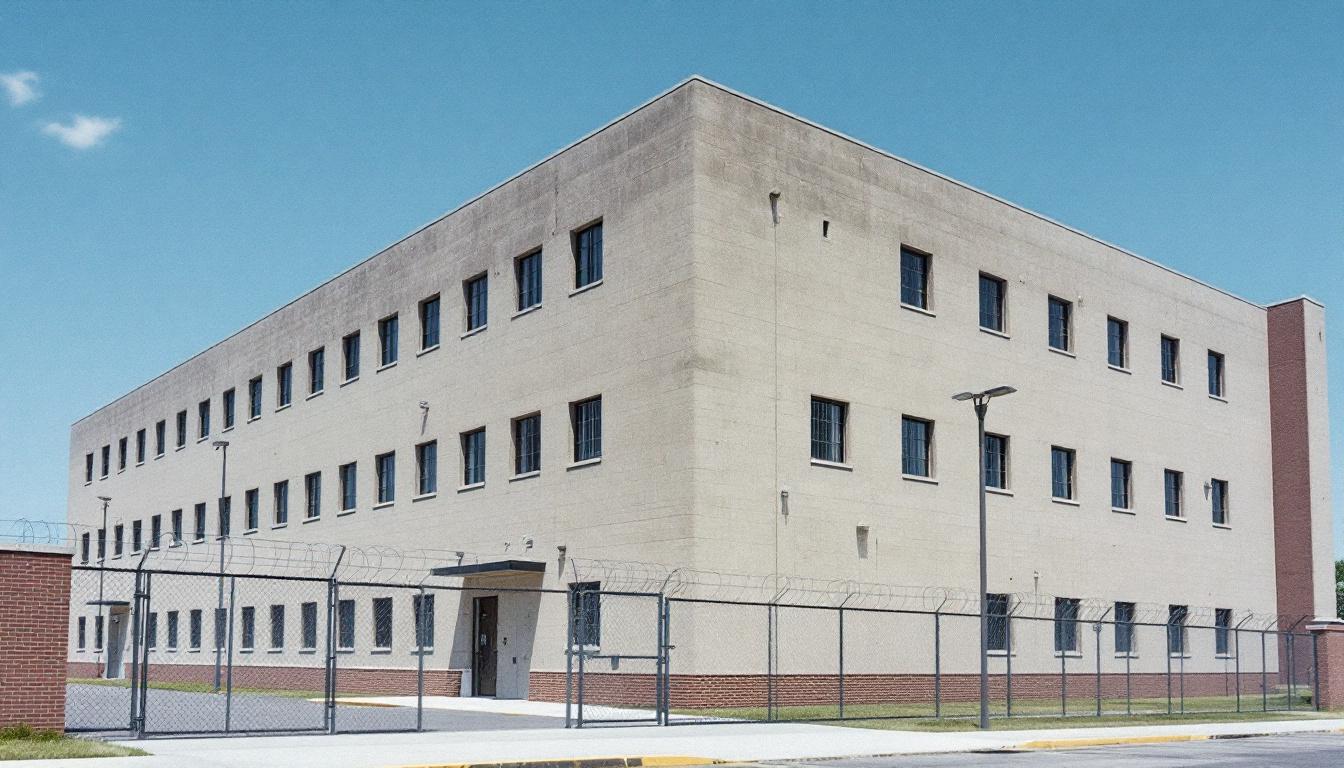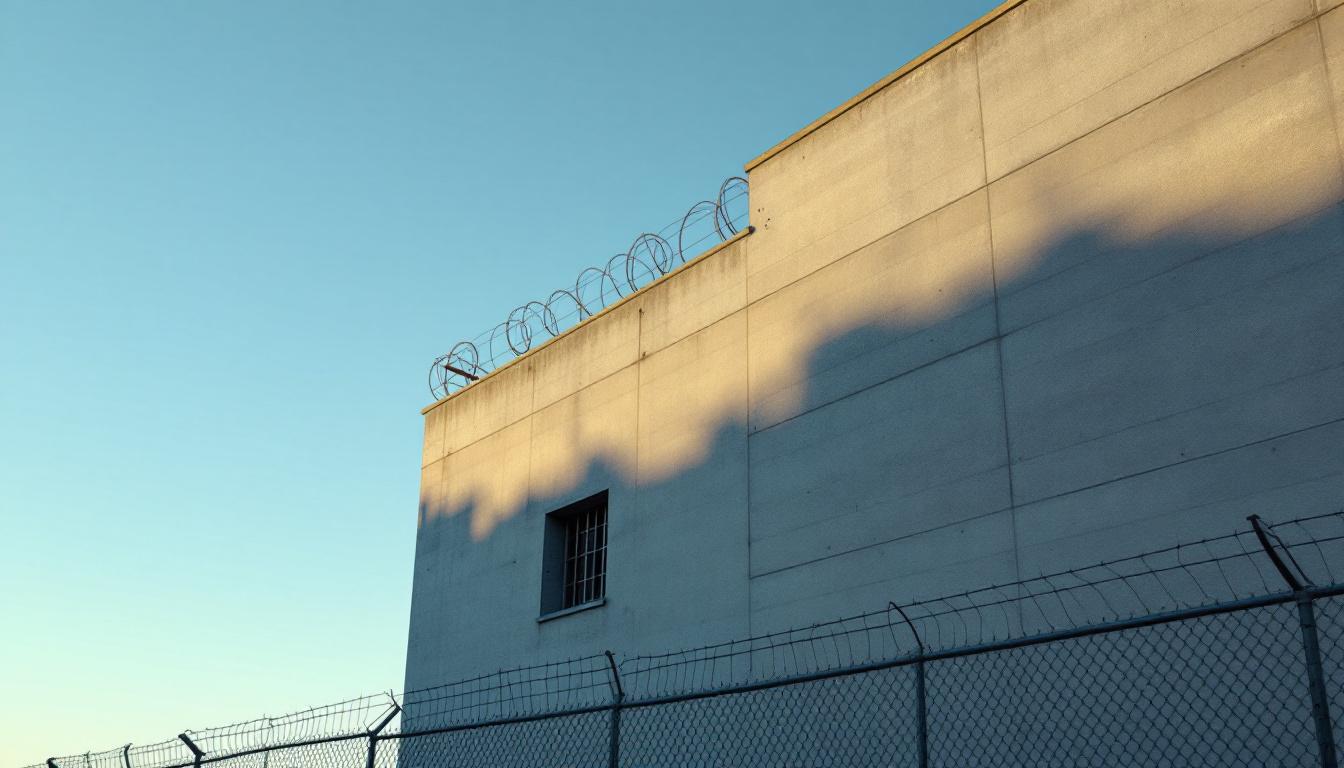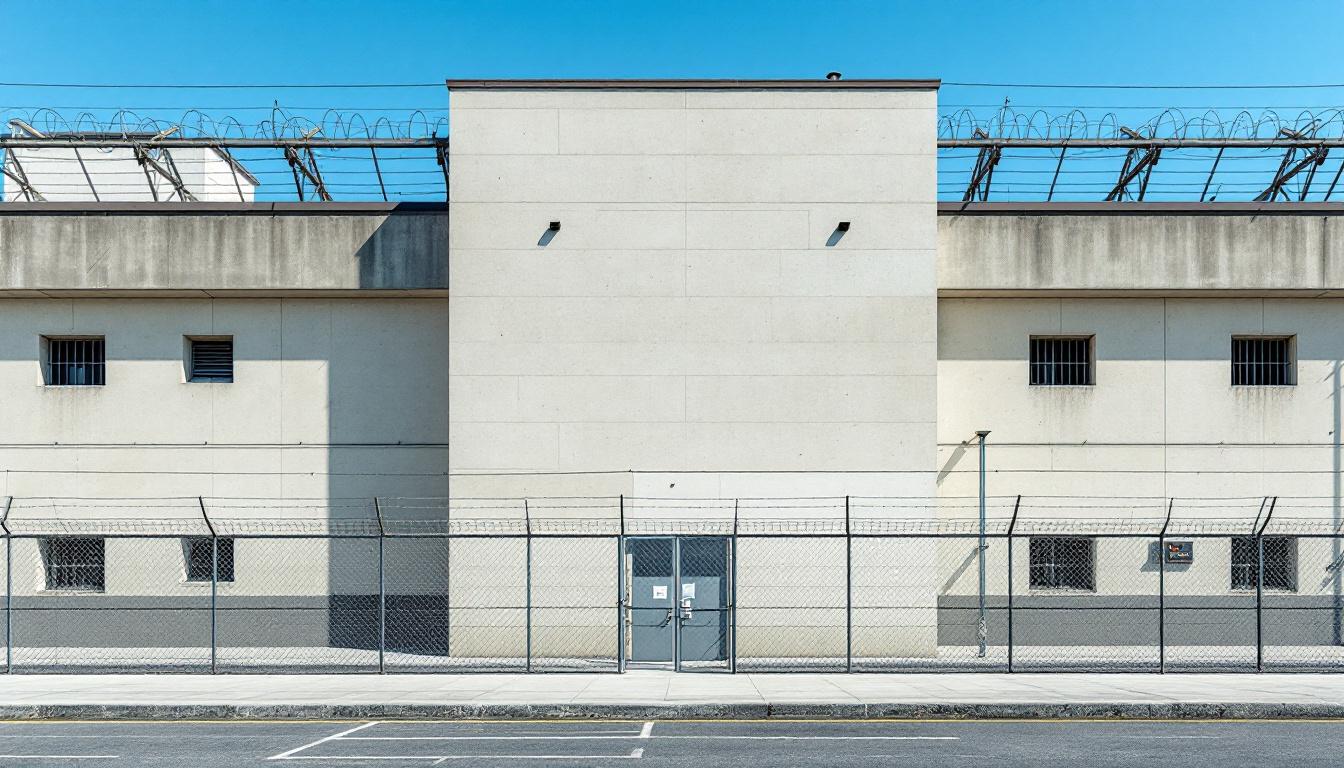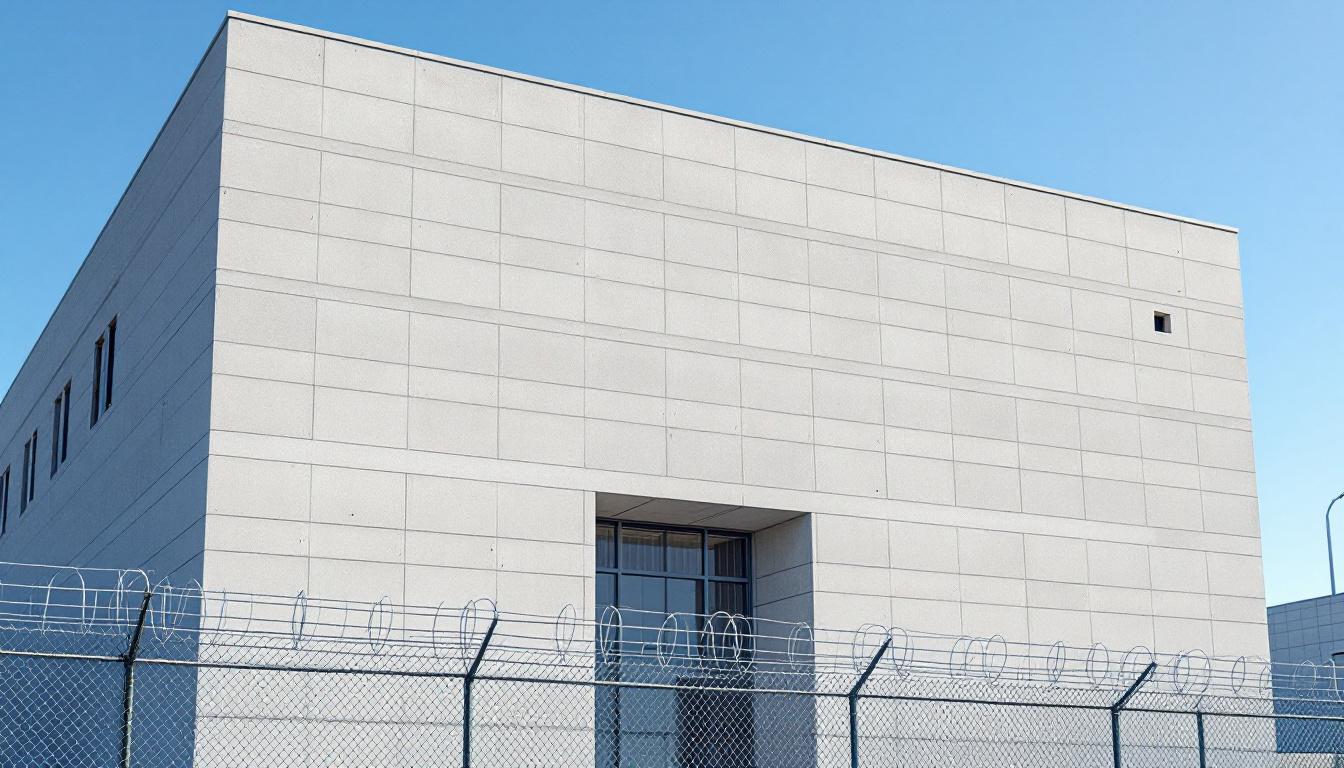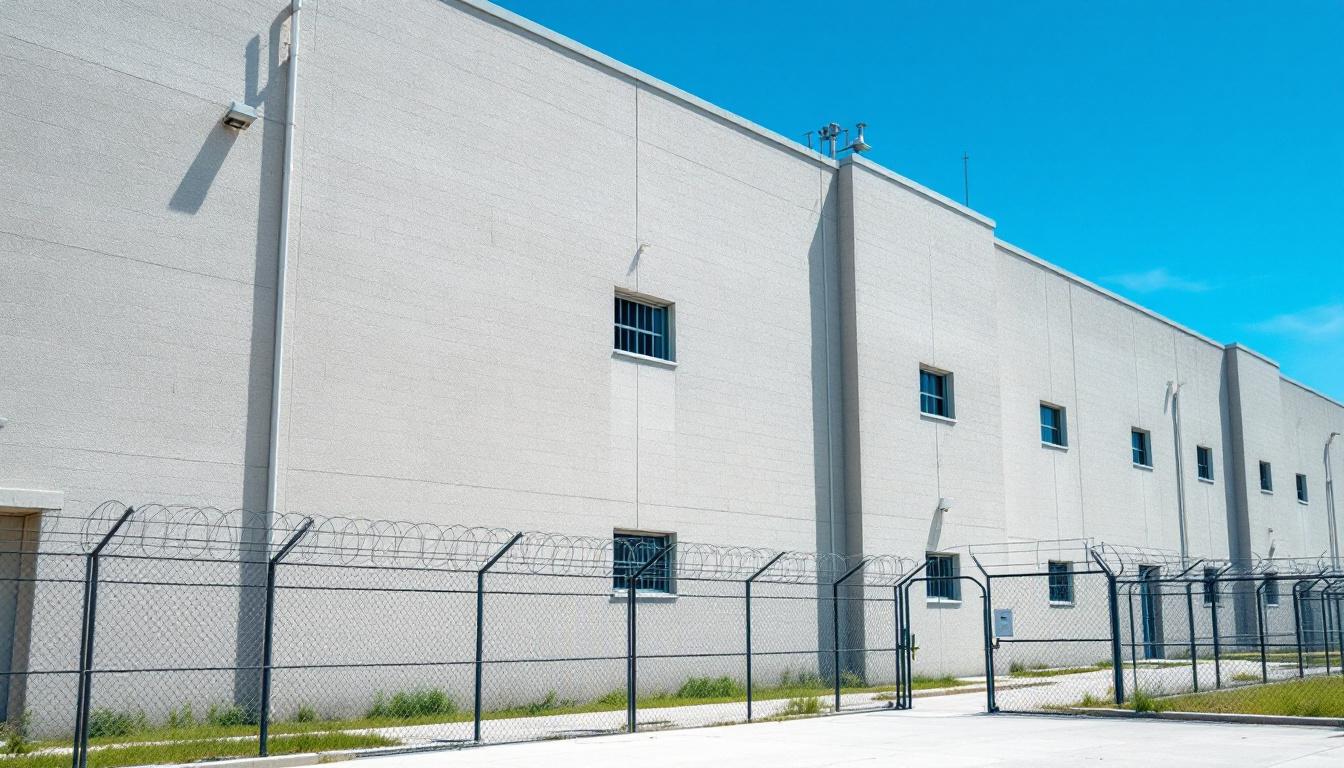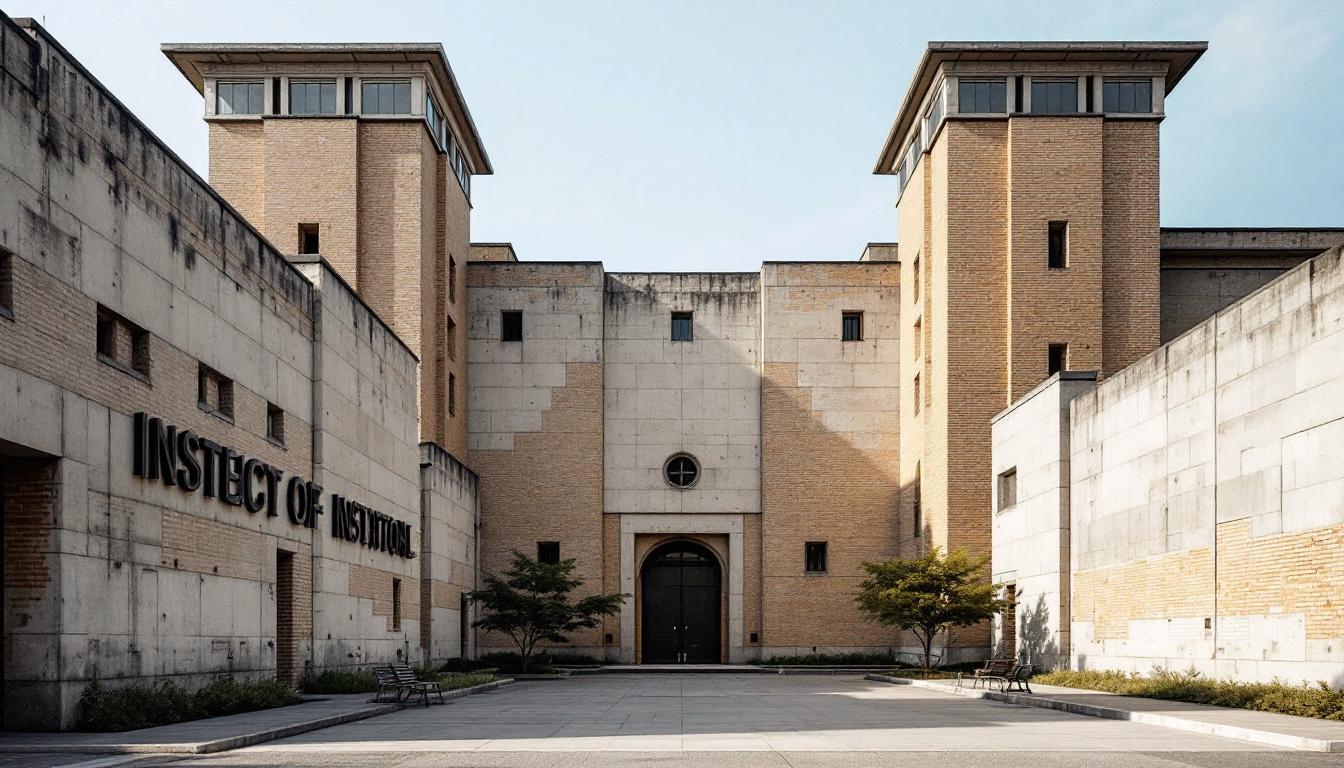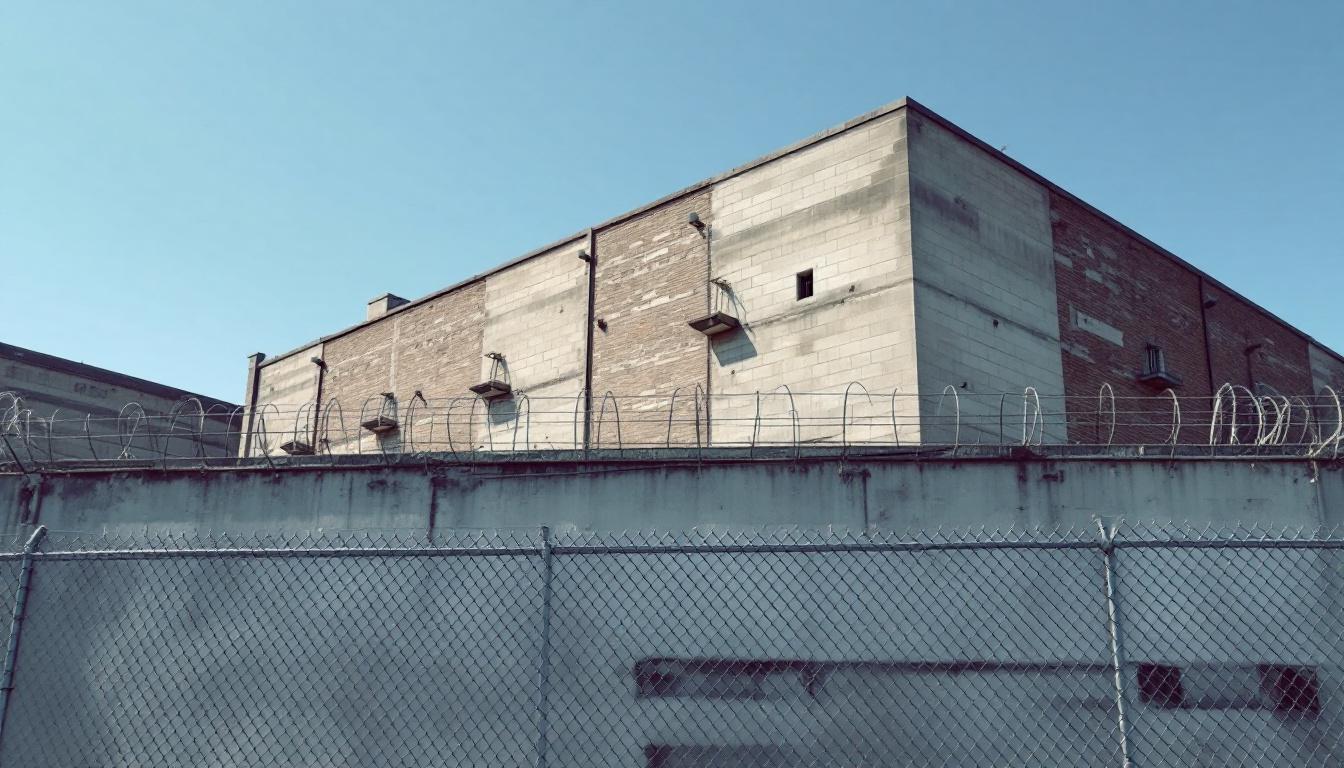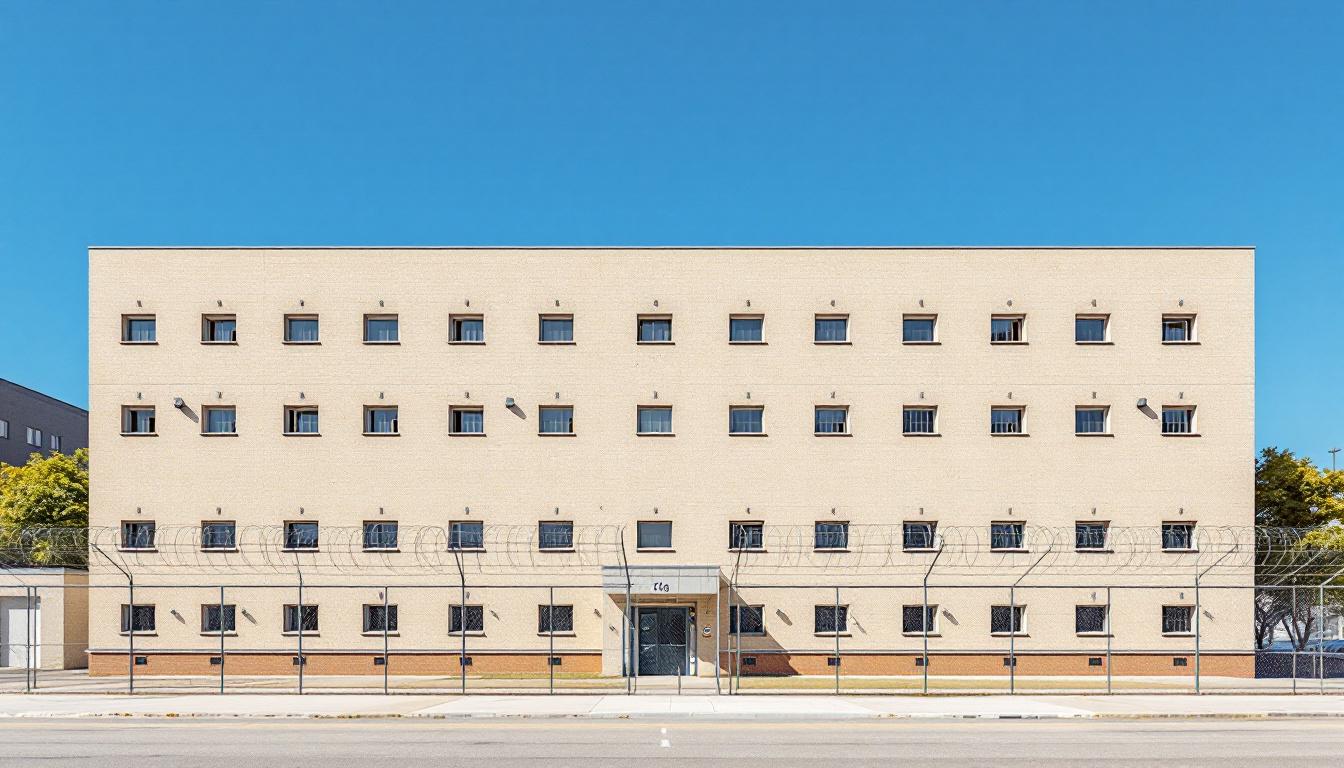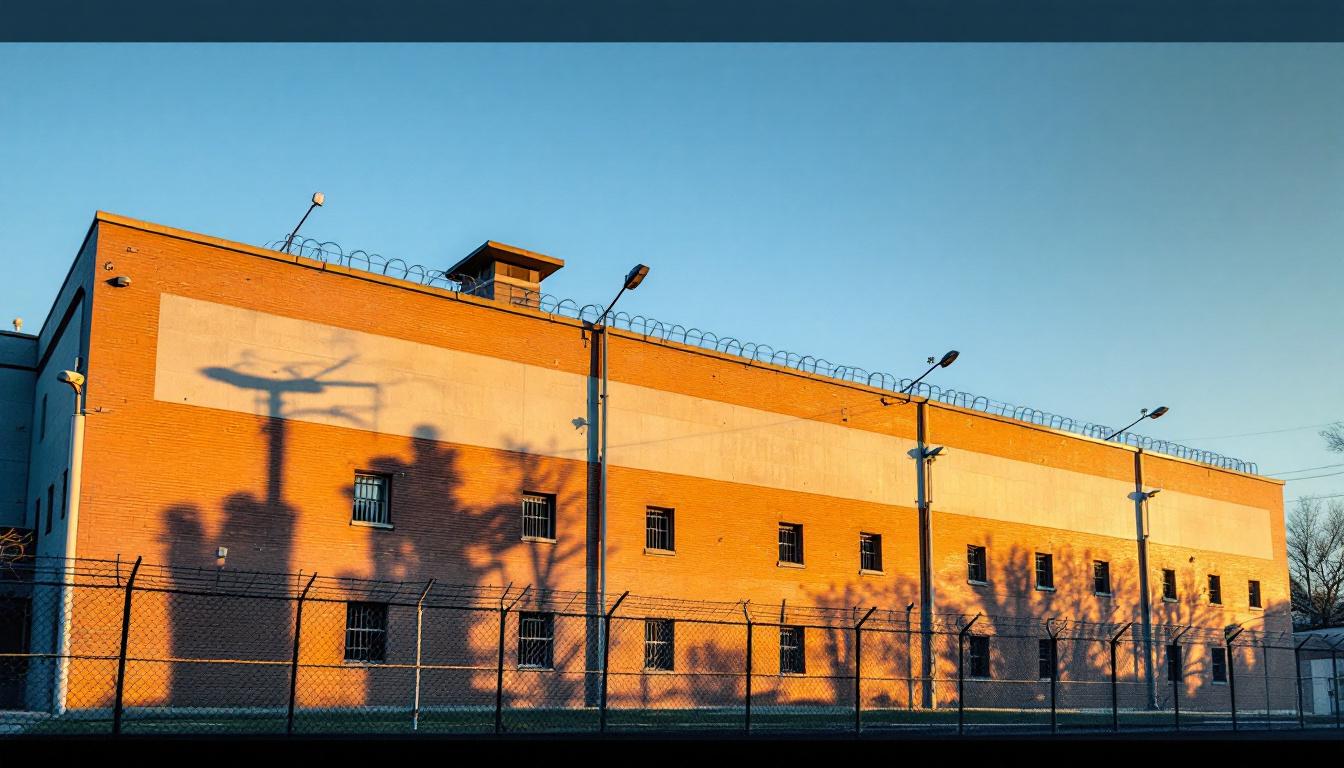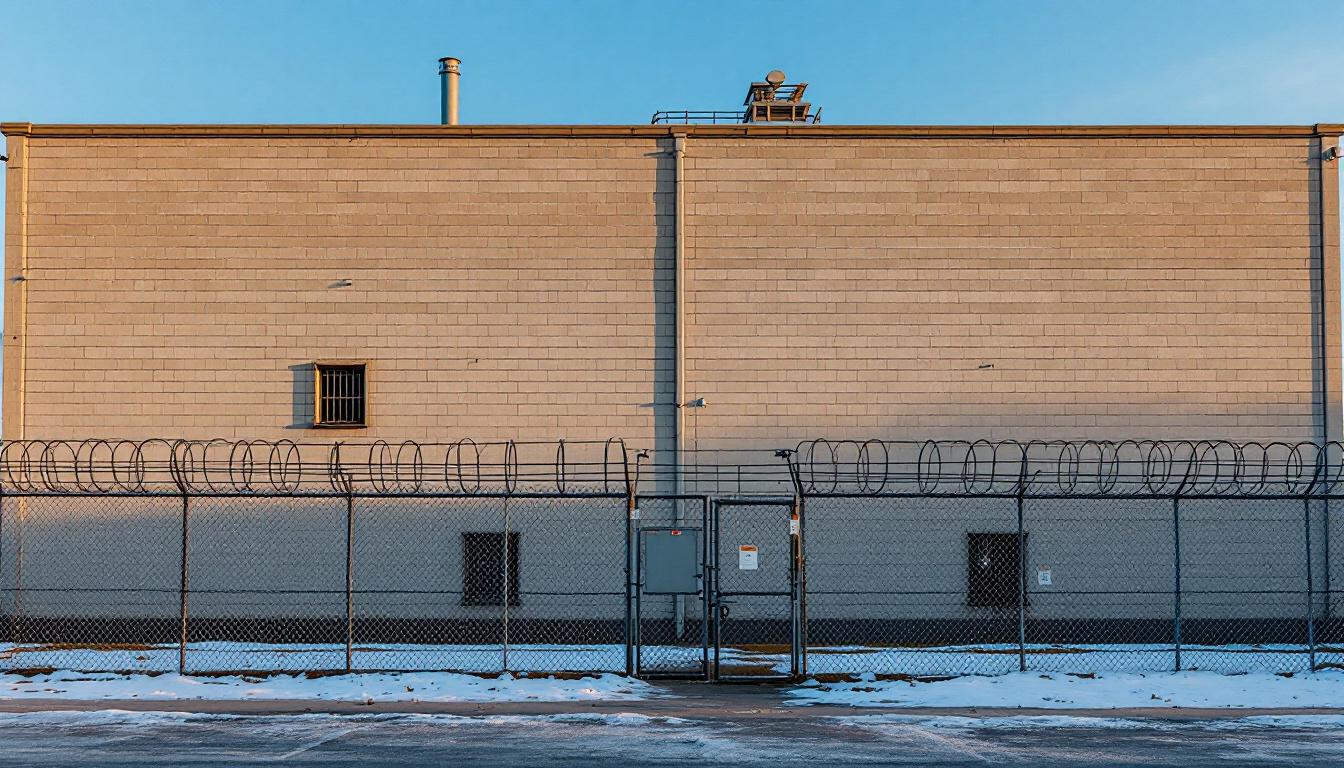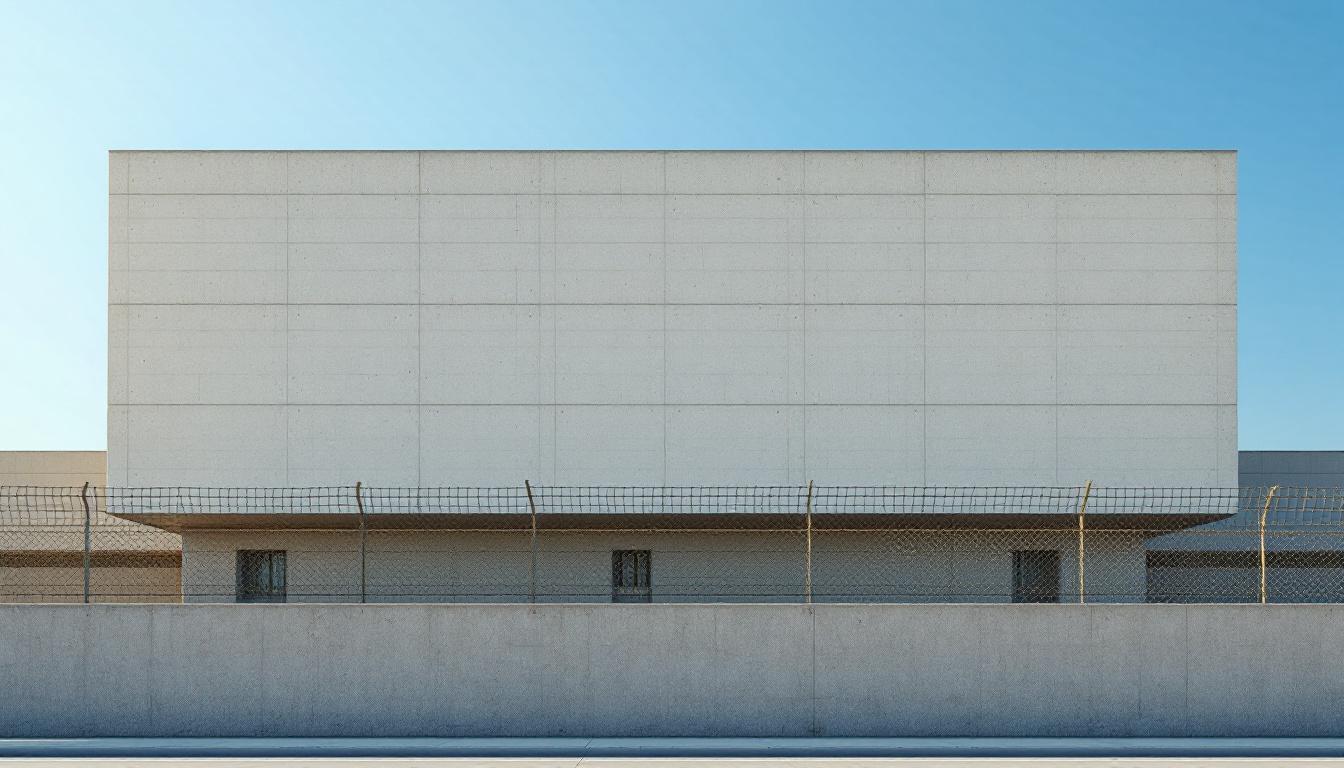
Quick Navigation
How to contact an inmate at Marion Walthall Correctional
This comprehensive guide will walk you through how to connect with an inmate at Marion Walthall Correctional. Follow the steps below to find an inmate and send letters and photos:
- Search for the inmate using our search tool below
- Create your account or log in to Penmate
- Write your message (up to 6,000 characters)
- Send instantly - inmates receive printed copies daily
Find an Inmate
Search for an inmate to start communicating today
Tip: You can search by first name, last name, or inmate ID number
To contact a person at Marion Walthall Correctional start by searching for the person on the facility website. Perform a search by following these steps:
- Step 1: Enter their first name and last name into the search form and click "Search"
- Step 2: Locate their inmate record
- Step 3: Write down their Inmate ID and any housing information provided
Important! Be sure to enter the person's full name. Nicknames should not be used.
How to Send Messages to Inmates

You can use your phone or computer to send emails, letters, and photos to an inmate. Messages are sent electronically to inmate tablets or kiosks at the facility. If you would like to send a message, start by searching for an inmate at Marion Walthall Correctional.
Sending Photos and Postcards

A great way to send love and support to a loved one at Marion Walthall Correctional is to send photos and postcards. It only takes a few minutes to send photos from your phone and it makes a huge difference. You can also mail postcards with words of support and inspiration, or design your own postcard for special moments like birthdays and holidays.
Important! Be sure not to send any explicit photos or they may not be approved by the facility. You can also use a photo printing app like Penmate to make sure your photos are printed at the correct size (4x6 or 3x5) and are mailed according to the rules and regulations of Marion Walthall Correctional.
Frequently asked questions about Marion Walthall Correctional
-
How long does it take to deliver a message?
If you're sending an email message your letter is usually delivered within 24-48 hours. For messages sent via mail you should expect delivery within 3-7 days. All messages will need be approved by Marion Walthall Correctional.
-
How much does it cost to send a message to Marion Walthall Correctional?
You can send a message free using your phone or mail a message via USPS for the price of a $0.60 stamp and envelope. You can also purchase credits or e-stamps from services starting at $1.99.
-
What services can I use to contact an inmate at Marion Walthall Correctional?
Penmate
You can use Penmate to send letters and photos to an inmate from your phone. It's an easy way to stay in touch during your loved one's incarceration. Use the inmate locator to find an inmate's location and contact information, then you can send messages within a few minutes.
Securus messaging
Securus may be another option for communicating with an inmate at Marion Walthall Correctional. You can create a friends and family account and purchase credits to send messages. All messages will be reviewed and must be approved by the facility.
JPay
Some county jails and state prisons may support sending messages with JPay. You must register an account with the system, find your loved one, and purchase stamps to send messages. For some locations you can also attach photos.
Smart Jail Mail
You may also check if Smart Jail Mail is available at Marion Walthall Correctional. Smart Jail Mail is operated by Smart Communications and has contracted with some state and county jails. After purchasing credits, your messages and photos are sent to the facility, printed out, and then handed out to your loved one.
-
What is the mailing address of Marion Walthall Correctional?
Mailing address:
Marion Walthall Correctional
503 S Main St
Columbia, MS 39429
Phone: (601) 736-3621 -
What are the visiting hours at Marion Walthall Correctional?
Visiting hours at Marion Walthall Correctional vary by housing unit and security level. Generally, visits are scheduled on weekends and holidays, with some facilities offering weekday visits. Contact the facility directly at (601) 736-3621 or check their website for the current visiting schedule. Visits typically last 30-60 minutes and must be scheduled in advance.
-
What items are prohibited when sending mail to Marion Walthall Correctional?
Prohibited items typically include: cash, personal checks, stamps, stickers, glitter, glue, tape, staples, paperclips, polaroid photos, musical or blank greeting cards, hardcover books, magazines with staples, and any items containing metal or electronics. Only send letters on plain white paper with blue or black ink. Photos must be printed on regular photo paper (no Polaroids). Always check with Marion Walthall Correctional for their specific mail policies.
-
How do I send money to an inmate at Marion Walthall Correctional?
You can send money to an inmate at Marion Walthall Correctional through several methods: 1) Online using JPay, Access Corrections, or the facility's approved vendor, 2) Money orders mailed directly to the facility with the inmate's name and ID number, 3) Kiosks located in the facility lobby, or 4) Over the phone using a credit or debit card. Fees vary by method, typically ranging from $2.95 to $11.95 per transaction.
-
Can I schedule a video visit with an inmate at Marion Walthall Correctional?
Many facilities now offer video visitation as an alternative to in-person visits. At Marion Walthall Correctional, video visits may be available through services like Penmate, Securus Video Connect, GTL, or ICSolutions. Video visits typically cost $10-20 for 20-30 minutes and must be scheduled in advance. You'll need a computer or smartphone with a camera and reliable internet connection. Contact the facility for their specific video visitation policies and approved vendors.
-
What identification do I need to visit an inmate at Marion Walthall Correctional?
All visitors must present valid government-issued photo identification such as a driver's license, state ID, passport, or military ID. Minors must be accompanied by a parent or legal guardian who can provide the minor's birth certificate. Some facilities require visitors to be on the inmate's approved visitation list, which may require a background check. Contact Marion Walthall Correctional for specific ID requirements and visitor approval procedures.
-
How can I find out an inmate's release date?
To find an inmate's release date at Marion Walthall Correctional, you can: 1) Use the online inmate search tool if available, 2) Call the facility's records department, 3) Contact the inmate's case manager or counselor, or 4) Have the inmate provide this information during a call or visit. For privacy reasons, some facilities only release this information to immediate family members.
Facility Overview
Contact Information
Marion Walthall Correctional503 S Main St
Columbia, MS 39429
Phone: (601) 736-3621
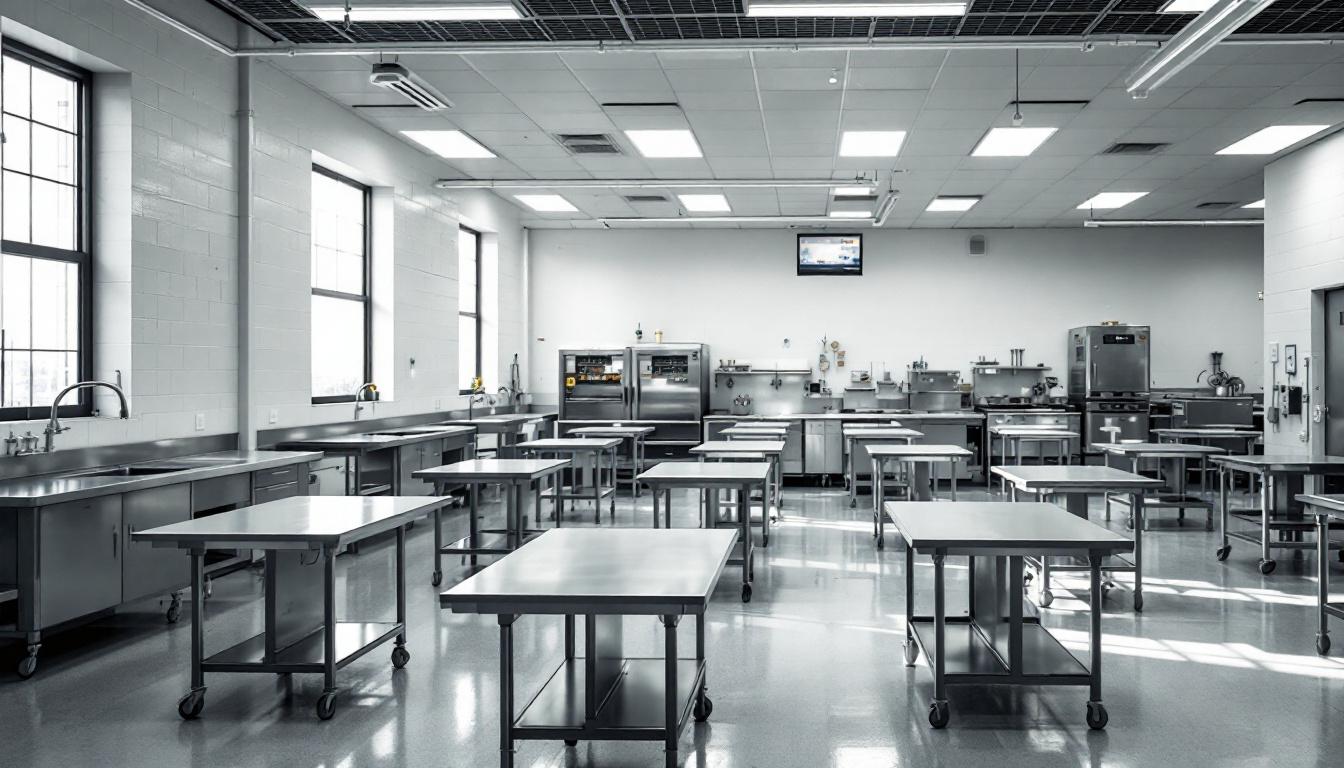
About Marion Walthall Correctional
Comprehensive support services and educational opportunities form the foundation of daily operations at Marion-Walthall Regional CI, MS, where individuals work toward personal growth and successful community reintegration. Located in Ellijay, Georgia, this GA correctional facility typically offers a range of programs designed to address various aspects of rehabilitation, from basic educational advancement to vocational skill development. The facility's approach generally emphasizes collaboration between staff and individuals, creating an environment where personal accountability and positive change can flourish through structured programming and supportive guidance.
Within Georgia's broader correctional system, the facility serves an important role in providing individuals services that may include substance abuse counseling, mental health support, and life skills training. The collaborative approach extends to working with community organizations and local resources in the Ellijay area, helping to bridge the gap between incarceration and successful reentry. Educational programming often encompasses literacy improvement, GED preparation, and various vocational training opportunities that align with regional employment needs. This correctional facility typically maintains a focus on preparing individuals for productive lives beyond their sentence, recognizing that meaningful rehabilitation requires comprehensive support addressing multiple facets of personal development and community connection.
Programs & Services
Recognizing that meaningful change requires a multifaceted approach, Marion-Walthall Regional CI in Georgia typically provides individuals with diverse pathways for personal growth and skill development. The facility's comprehensive programming philosophy centers on addressing various aspects of an individual's needs through structured opportunities that may span educational advancement, practical skill building, and personal development. This holistic approach often recognizes that successful reentry requires preparation across multiple dimensions of life.
Educational opportunities at the facility may include basic literacy programs, GED preparation, and adult education courses designed to help individuals complete their educational goals. These academic programs often provide foundational skills that support further learning and career development. In addition to this educational foundation, vocational training opportunities typically focus on practical skills that align with local job market demands. These hands-on programs may cover various trades and technical skills, providing individuals with marketable abilities that can support employment upon release.
Support services often form a crucial component of the facility's comprehensive approach to individual development. Faith-based services may provide spiritual guidance and community connection for those who seek such support. Communication skills development opportunities typically help individuals improve their interpersonal abilities, which can benefit both personal relationships and professional interactions. Employment readiness programs often complement these services by focusing on job search skills, interview preparation, and workplace expectations, helping individuals prepare for the transition back into the community with practical tools for securing and maintaining employment.
Daily Life & Visitation
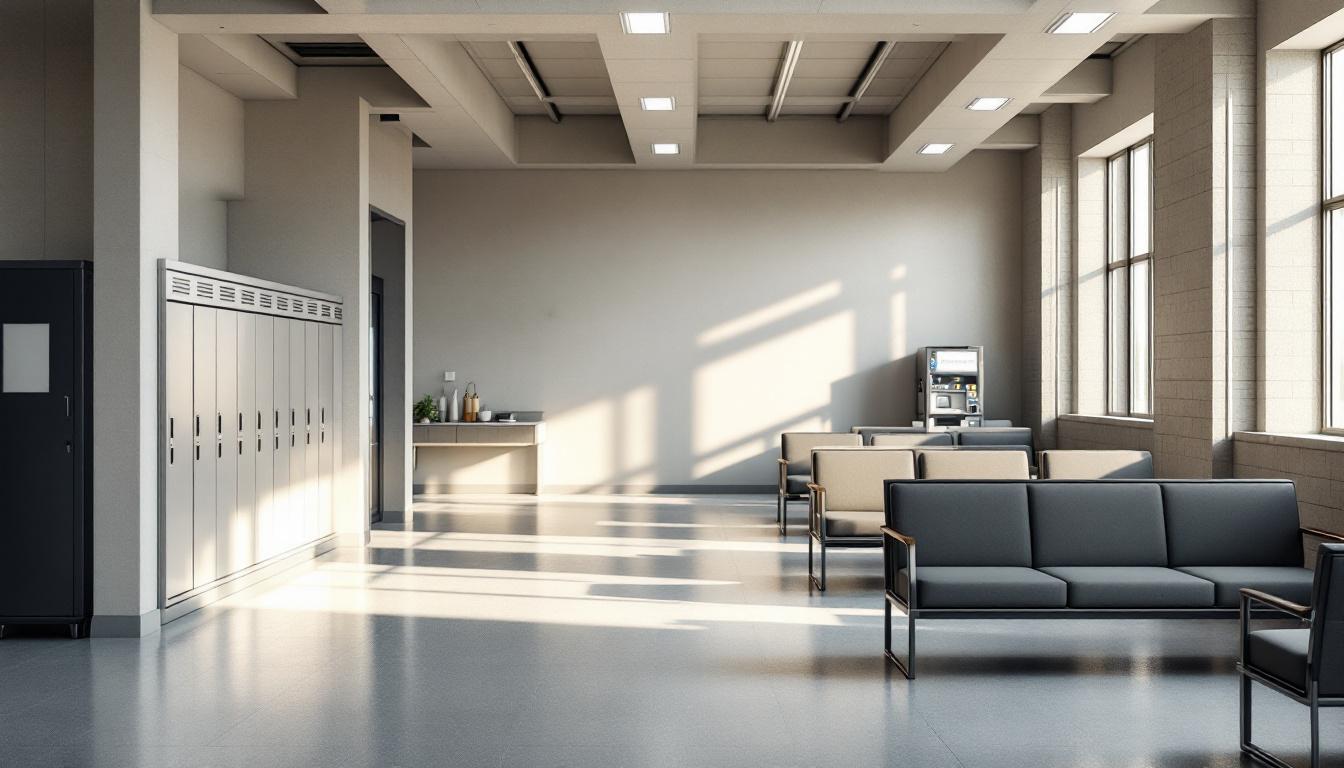
The sound of count time echoes through housing units multiple times each day, marking the rhythm that currently governs life for individuals at Marion-Walthall Regional CI. Daily routines typically begin early in the morning with wake-up calls, followed by structured meal times that continue to provide consistent anchor points throughout each day. Individuals generally participate in various programming activities, work assignments, and educational opportunities that offer structure and purpose to their time at the facility.
Living accommodations at the facility typically consist of dormitory-style housing units or cells, depending on security classification and individual circumstances. Each person usually has access to basic personal property allowances and may store approved items in their designated living space. In addition to this, individuals can generally purchase additional items through the commissary system, which often includes hygiene products, snacks, and writing materials. The dining arrangements typically involve scheduled meal times in common areas, where individuals receive nutritionally planned meals that meet state correctional standards.
Recreation and exercise opportunities often include access to outdoor yards, indoor common areas, and various structured activities that promote physical wellness. Despite this structured environment, the facility typically maintains visitation policies that allow individuals to maintain connections with family members and loved ones through scheduled visits and approved communication methods such as phone calls and correspondence. Work assignments may include facility maintenance, kitchen duties, laundry services, and other operational tasks that provide individuals with job skills and daily purpose. Programming schedules generally offer educational classes, vocational training, and rehabilitation programs designed to support successful reintegration into the community.
Ready to Connect?
Start communicating with your loved one today
Search for an Inmate
